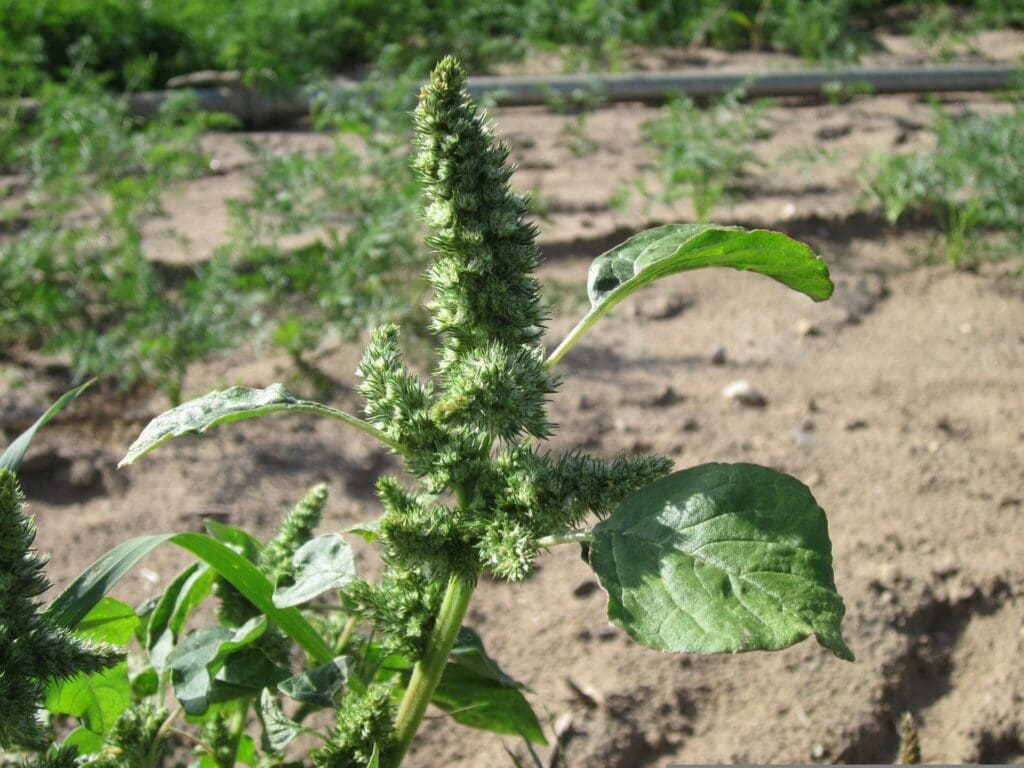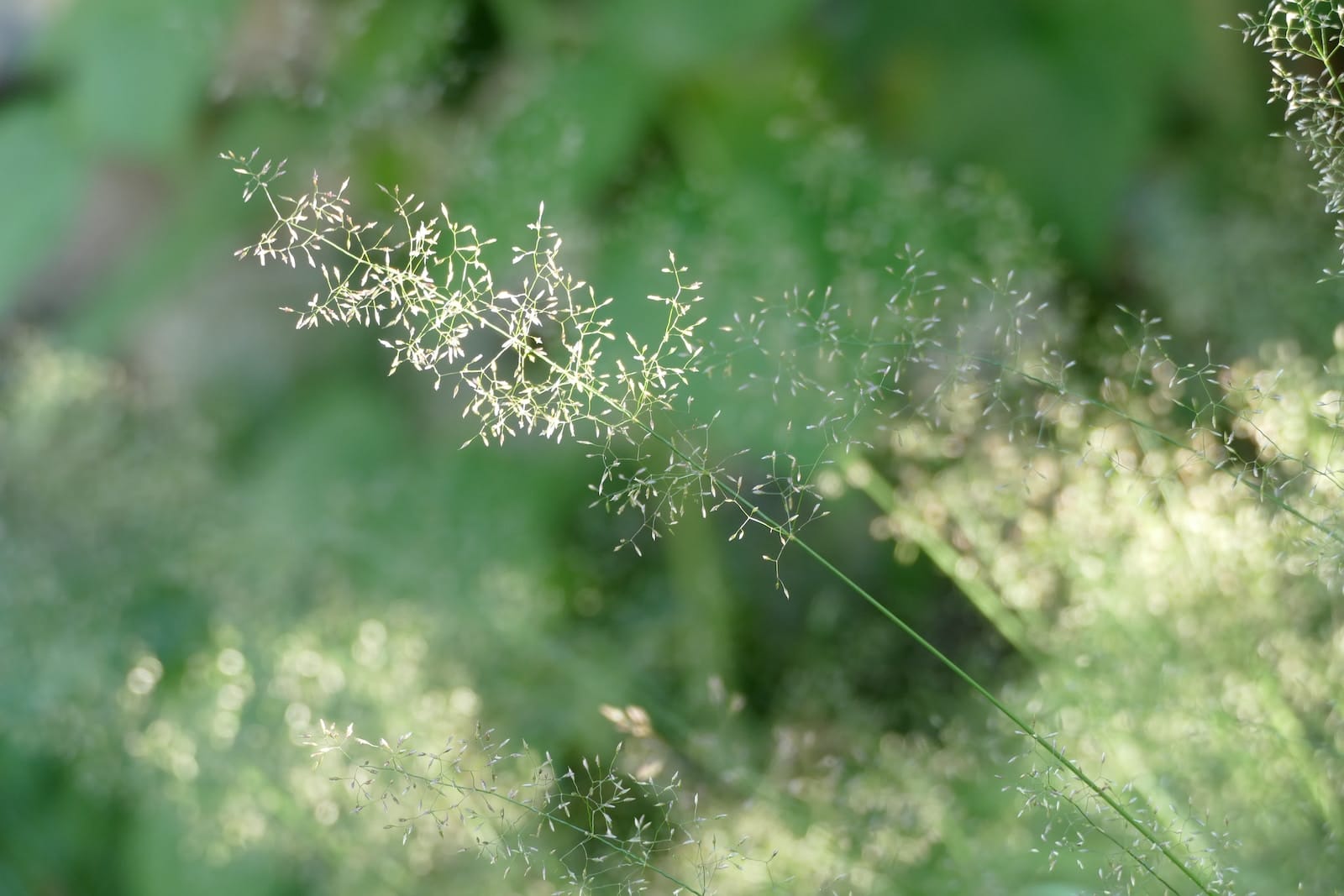Allergies represent one of the top 6 leading chronic diseases in the US, with one out of five people being allergic to at least one allergen. If you moved to Arizona thinking that the southwestern desert would be a great place to escape your allergies, you might be in for a shock: Phoenix allergies are just as bad as anywhere else, because of the presence of allergenic plants like pigweed in the area.
Arizona and Allergies
The specific climate of Arizona can often exacerbate certain allergies. The desert air can carry pollen further, and the state’s often warm weather allows for a longer growing season, meaning longer exposure to allergenic plants. Don’t let the desert landscapes fool you; it’s just as easy to fall victim to allergies here.
One of the most common culprits for allergies here is pigweed, a very common weed. But what is pigweed allergy, and how can we prevent or treat it?
Understanding Pigweed Allergies: What is Pigweed?
Pigweed is a common plant from the family of weeds called amaranth. It grows wild throughout the United States and the whole world- a large part of Europe, Korea, Mozambique, and Brazil and it is especially prevalent in the fall, with pollen being released from August to November. It is a type of allergen that can be very hard to avoid by allergy sufferers. Pigweed can reach up to 2 meters and it features a bushy spike at the top.
Pigweed is a leafy green plant that has small green flowers at the top and can reach up to 2 meters. It is often found in gardens or abandoned fields chances that you come across it in your backyard are high. It’s also common in agricultural areas where it can be a nuisance for farmers due to its rapid growth.
When is pigweed allergy season?
Pigweed starts releasing pollen in August and warmer climates, the pigweed allergy season can extend until November. This makes pigweed a concern for a significant portion of the year, which further increases the need for effective management of pigweed allergies.
Common symptoms of pigweed allergy
Pigweed allergies are also known as Lamb’s Quarters and produce heavy pollen that can induce hay fever or asthma and it’s only one of the several allergenic weeds in Arizona in the fall.
Just like other seasonal allergies, pigweed allergies can have one or more of these symptoms:
- Sneezing: Often uncontrollable and repetitive.
- Itchy or watery eyes: The eyes may become red and swollen.
- Coughing: A dry, persistent cough that may become worse at night.
- Allergic Rash: Often itchy and can appear anywhere on the body.
- Runny nose: An excessive amount of mucus production from the nasal cavity.
- Headaches: Tension headaches are common and may be caused by sinus congestion.
In severe cases, people can also experience more debilitating symptoms such as shortness of breath or prolonged respiratory discomfort. These symptoms can appear near the end of summer and will peak when the pollen count is the highest. It’s crucial to recognize these symptoms early on to start the necessary preventive measures and treatments to alleviate discomfort and potential health complications.
Strategies to prevent pigweed allergies
The most cautious thing to do if you suffer from pigweed allergy is to limit your exposure to pigweed pollen by following some tips:
Avoid Pollen Exposure
As mentioned above, the pollen count is very important when you want to ameliorate your symptoms, so make sure you check the local weather to find out the concentration of pollen in the air. Pollen counts can fluctuate dramatically depending on weather conditions, and being aware of high pollen count days can help you avoid unnecessary exposure. On these days, it is recommended to wear a dust mask outside or preferably stay indoors.
Do laundry frequently
Pollen sticks to your clothes or shoes, so make sure to wash these items as often as possible and take a shower after being outside to get the pollen off your skin and hair. Also, consider changing your bedding frequently as pollen can accumulate there as well.
Clean your home often
To reduce your indoor pollen exposure, dust with a wet rag and vacuum as frequently as you can. Consider using high-efficiency particulate air (HEPA) filters in your vacuum and air purifiers to reduce the presence of pollen in your home.
It is recommended to wear a NIOSH-rated 95 filter mask when working in your garden or mowing the lawn to protect yourself from the pollen released by pigweed.
Keep windows closed during the pollen season
Instead of opening the windows, try to use air conditioning while indoors, especially when the concentration of pollen in the air is high, and change your AC filters frequently. If you drive, consider using the car’s air conditioning and keeping the windows up when traveling.
Food to avoid
Certain proteins in pigweed pollen are similar to those found in some food, which can cause the so-called oral allergy syndrome (OAS).To avoid this from happening, make sure you limit the consumption of certain fruits like bananas, citrus, persimmons, pineapple or melon. Other foods to avoid are peanuts, tomato, hazelnut, and zucchini. However, everyone’s body reacts differently, so it’s important to pay attention to your body’s responses and adapt your diet accordingly.
Medication options for Pigweed allergies
To get tested for pigweed allergy and get proper treatment for your symptoms, you should consider getting advice from a board-certified specialist who can make a specific treatment plan, including allergy injections that can take your allergies away.
There are also over-the-counter options available, like antihistamines, nasal sprays or eye drops, all of which can temporarily relieve allergy symptoms. But it’s essential to understand how to use these medications correctly, as misuse can lead to complications or reduced effectiveness.
We do not recommend taking antihistamines without consulting a licensed physician. Consult a medical professional before taking any allergy relief tablets.
Conclusion
Pigweed allergy is one of the most frequent in Arizona and, since this weed grows wild throughout the whole of the US, it’s almost impossible to avoid it. Understanding this allergy, its causes, and the effective strategies to manage it can go a long way towards improving your quality of life.
If your allergy symptoms persist, become severe, or show no signs of improvement over time, then consider getting tested for allergies. Reach out to a board-certified allergy specialist for personalized advice and treatment plans. If you live in Arizona and are dealing with allergy symptoms, our allergy associates are here to assist with more information on how to get tested and offer you the right advice and help.
Get in touch today, we are here to help!




